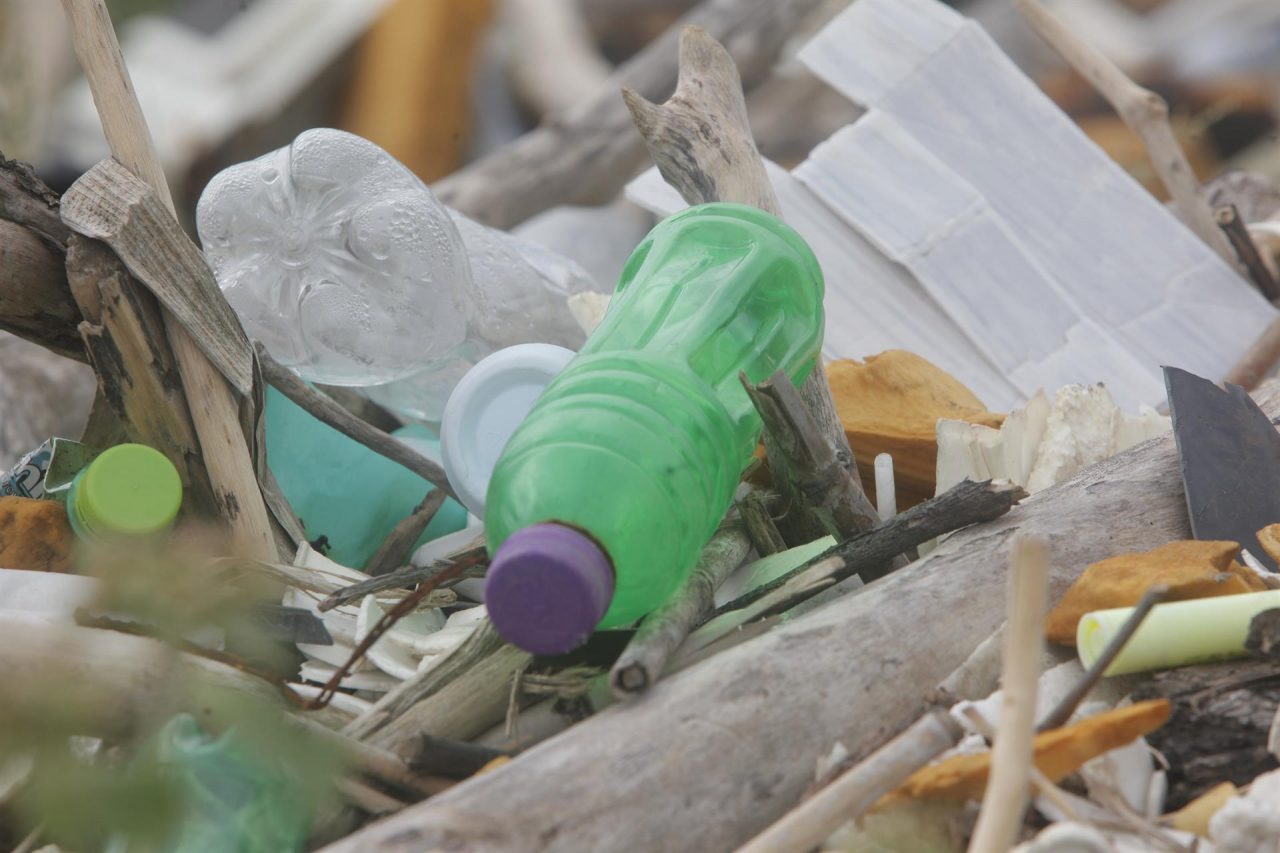The production of plastics in the world has quadrupled in the last 30 years and the waste they generate has more than doubled between 2000 and 2019, according to the OECD, which warns of the shortcomings in policies to prevent them from contaminating and that they only 9% is recycled.
In its first outlook study on plastic, the Organization for Economic Cooperation and Development (OECD) calls for greater use of instruments such as so-called “extended liability systems” to impose obligations on producers regarding packaging and durable goods they put on the market.
It is also committed to the establishment of taxes that are levied on waste that ends up in landfills, to privilege deposit and return mechanisms and payment systems for dumping.
Higher greenhouse gas emissions
In 2019, a global production of 460 million tons of plastics was reached, which generates 3.4% of greenhouse gas emissions.
The waste, in that same year, represented 353 million tons and almost two thirds came from plastics with a useful life of less than five years. Of all of them, 40% came from packaging, 12% from consumer goods and 11% from clothing and textiles.
Almost half of the world’s plastic waste is generated in the OECD members, although there are notable differences between them: in the United States the average is 221 kilos per person per year, in European countries 114 kilos and in Japan and Korea south 69
kilos on average
Most of the pollution they generate is due to inadequate collection and disposal of the larger ones (macroplastics). But of increasing concern are microplastics (synthetic polymers less than five millimeters in diameter), many of which end up in the sea.
91% of plastic is not recycled
The OECD highlights that although 15% of plastic is collected for recycling, 40% of these volumes in practice do not end up in this way and are disposed of as waste. So the effective recycling percentage is limited to 9%.
In parallel, 17% of plastic is incinerated, 46% goes to landfills and 22% escapes management systems and ends up in uncontrolled landfills or is burned in pits or -even worse- contaminates the terrestrial or aquatic environment, “especially in the poorest countries.”
In 2019, 6.1 million tons of plastic waste leaked into aquatic environments and 1.7 million tons reached the oceans. It is estimated that there are 30 million tons accumulated in the seas and another 109 million tons in the rivers, which means that for decades they will continue to be dumped into the oceans, even if poorly managed waste could be significantly reduced.
It is true that the production of recycled plastics has more than quadrupled since the beginning of the century, going from 6.8 million tons in 2000 to 29.1 million in 2019, but this still represents only 6% of global production.
That is why the OECD believes that more needs to be done to create a well-functioning separate market for recycled plastics, set recycled content targets and invest in technologies that can make that product more competitive and profitable.
More waste due to the pandemic
The authors of the report, presented on the eve of the UN talks to reduce this waste, indicate that the covid crisis on the one hand resulted in a 2.2% reduction in the use of plastics in 2020 due to the stoppage of the economic activity.
At the same time, however, take-out food containers increased, as did masks and other medical supplies. In addition, as the economy reactivated in 2021, the consumption of plastics has also rebounded. EFE


















